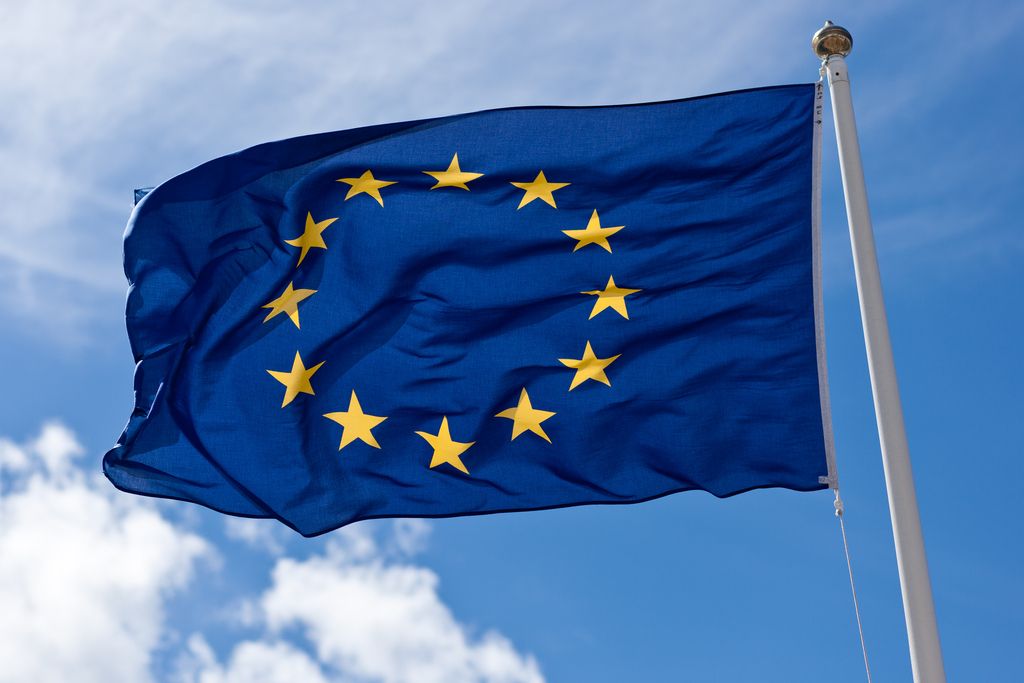The European Parliament has voted through its corporate due diligence proposal sending a “powerful strong message” to the financial sector, responsible investment commentators have said.
Yesterday the EU’s proposed Corporate Sustainability Due Diligence Directive (CSDDD) was adopted at a parliamentary plenary with 366 votes in favour, 225 against and 38 abstentions.
The CSDDD is a directive intended to foster sustainable and responsible corporate behaviour and to anchor human rights and environmental considerations in companies’ operations and corporate governance. The new rules aim to ensure that businesses address the adverse impacts of their actions, including in their value chains inside and outside Europe.
In April, the EU incorporated the financial sector into the CSDDD, acknowledging the role financial institutions have to play in protecting human rights and the environment by including them in the legal text of the directive.
Isabella Ritter, EU policy officer at ShareAction, said the recognition of the financial sector was a “real gamechanger”, adding, “we are particularly pleased to see that the rules on investor due diligence have made it into the parliament’s final text. The European Parliament has sent a powerful strong message that the financial sector has its place in the Corporate Sustainability Due Diligence Directive”.
All JURI Committee amendments were also adopted in yesterday’s vote, while the plenary amendments tabled were rejected – with the exception of amendment 391, which deletes Article 26 on ‘setting up and overseeing due diligence’, which Ritter said was regrettable.
“Having directors’ oversight is an important part of responsible business conduct according to international guidelines and enables companies to be more resilient and efficient,” she said.
However, the clarifications on the fact all companies in scope of the directive, financial and non-financial, have to adopt a transition plan, were welcomed. Large companies will also have to link directors’ variable remuneration to the adoption of such a plan.
Elise Attal, head of EU policy at the Principles for Responsible Investment, said the agreed text was an important step forward that provided much-needed clarity.
“We welcome the risk-based approach to due diligence, in line with international standards, and the climate-related requirements,” she said, but added a greater acknowledgement of the investor approach to due diligence is needed, particularly one that uses stewardship.”
Now that the European Parliament has formed its final position, the inter-institutional negotiations, the trilogues, will kick off soon. The discussions are expected to start in the coming weeks and potentially be finalised by the end of the year.
Attal added: “As negotiations continue, it is important to maintain and, in some cases, further develop the parliamentary text to ensure positive real-world impact.”








